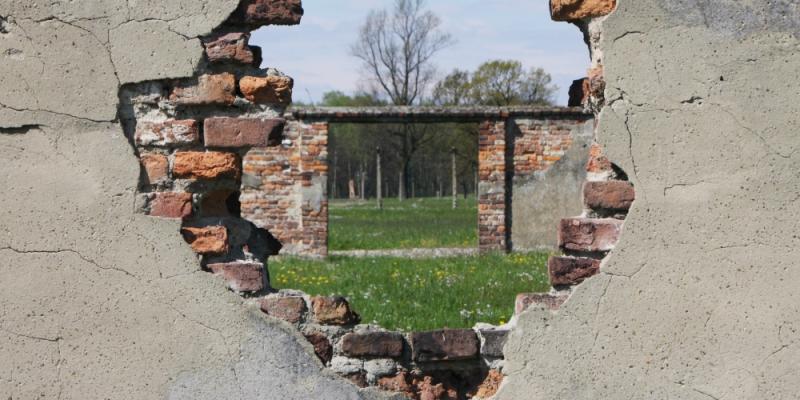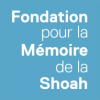Recherche | Colloque
The Auschwitz Sonderkommando, their Testimony and their Legacy
The experience and history of the Sonderkommando have been central to a number of crucial topics in post-war debates about the Shoah. Their proximity to the extermination process conferred a singular status to their testimonies. The conference considers this essential legacy.
The Auschwitz Sonderkommando ("special squad") were forced labourers in the gas chambers of Birkenau, compelled to handle and dispose of the bodies of those who were murdered.
Often branded as collaborators by other prisoners, the Sonderkommando were central eyewitnesses to the process of mass killing, even able to record what they witnessed and to represent their experience in photographs, documents and writings that they smuggled outside the camp or buried in the grounds of the crematoria.
The experience and history of the Sonderkommando have been central to a number of crucial topics in post-war debates about the Shoah. Their proximity to the extermination process conferred a singular status to their testimonies. They are also key figures referred to in discussions of both collaboration and resistance, especially the conceptualization of what Primo Levi called the "grey zone".

© Andreas Kilian
Yet the Sonderkommando have mostly met with a reluctance to think through their significance. Apart from the ground-breaking earlier work of a handful of historians, it is only in the last few years that scholars have begun to engage with their writings in any depth.
A number of significant works of art on them have also been made recently, including the film Son of Saul (2015).
In this context of rising interest, this conference aims at:
• fostering discussions of the Sonderkommando manuscripts and the ways they have been edited, exhibited, translated and interpreted.
• responding to the Sonderkommando’s challenge to conceptions of Holocaust testimony in history, philosophy and arts.
• considering the larger corpus of testimonies, historical studies and works of art on the Sonderkommando.
Programme (pdf)
Co-Hosts:
Dr. Aurélia Kalisky, Literary scholar, head of the DFG project Early Modes of Writing the Shoah. Practices of Knowledge and Textual Practices of Jewish Survivors in Europe (1942–1965)
Zentrum für Literatur- und Kulturforschung
Centre Marc Bloch, Berlin
Co-Sponsors:
Fritz Thyssen Foundation
Erinnerung, Verantwortung, Zukunft (EVZ) Foundation
Fondation pour la Mémoire de la Shoah
The whole conference can be seen online.













